Artificial Intelligence in Business
Overview
Artificial Intelligence (AI) in business has become increasingly important in recent years, as companies seek to leverage the technology to improve their operations and increase their profits. Artificial intelligence in business can be used for a wide range of tasks, including data analysis, customer service, and process automation. With AI, businesses can gain insights from vast amounts of data that would be impossible for humans to analyze, automate repetitive tasks, and improve decision-making.
AI and Business Today
Artificial intelligence has quickly become an essential tool for businesses of all sizes, from startups to large corporations. The technology is being used across industries to automate routine tasks, reduce costs, and improve productivity. One of the main applications of AI in business today is data analysis. With AI-powered tools, companies can analyze vast amounts of data in real time, identify patterns, and gain valuable insights into customer behaviour, market trends, and operational performance.
AI is also being used to improve customer service. Chatbots powered by AI can handle customer inquiries 24/7, providing instant responses to common questions and freeing up human agents to focus on more complex issues. Additionally, AI can be used to personalize customer experiences by analyzing data on individual preferences and providing tailored recommendations.
Process automation is another area where AI is having a significant impact on business. By automating routine tasks, such as data entry or order processing, companies can reduce the risk of errors and improve efficiency. This allows employees to focus on higher-level tasks that require more specialized skills and expertise.
In addition to these applications, AI is also being used in finance and accounting, supply chain management, and marketing. For example, AI-powered predictive analytics can help businesses make better decisions about inventory management and supply chain optimization, while AI-enabled marketing tools can help companies target the right audience with personalized messaging.
Artificial intelligence in business is no longer a futuristic concept; it is a reality that is transforming the way companies operate today. As AI technology continues to evolve, we can expect to see even more innovative use cases emerge, helping businesses to stay ahead of the competition and thrive in an increasingly digital world.
Why Should Companies Use AI?
Companies should use AI because it offers numerous benefits that can help them improve operations, increase efficiency, and boost profitability. One of the key benefits of AI is its ability to analyze vast amounts of data quickly and accurately. With AI-powered tools, companies can gain insights into customer behaviour, identify patterns and trends, and make data-driven decisions.
Another benefit of AI is that it can help companies automate routine tasks, such as data entry or order processing, freeing up employees to focus on higher-level tasks that require more specialized skills and expertise. This can help improve productivity and reduce costs over time.
AI can also help companies improve customer service by providing instant responses to common inquiries, handling customer complaints, and even offering personalized product recommendations based on individual preferences. This can help improve customer satisfaction and loyalty, leading to increased revenue and profits.
In addition, AI can help companies make better decisions about inventory management, supply chain optimization, and marketing campaigns. By analyzing data and identifying patterns, companies can make more informed decisions that can help reduce costs, increase efficiency, and drive revenue growth.
Artificial intelligence in business can help businesses improve their operations, increase efficiency, and drive revenue growth. As AI technology continues to evolve, we can expect to see even more innovative use cases emerge, making it even more essential for businesses to embrace this transformative technology.
Common Uses of AI
Artificial intelligence has numerous applications in business, including machine learning, cybersecurity, customer relationship management, internet and data research, and digital personal assistants.
Machine Learning
Machine learning is a subset of artificial intelligence that involves training computers to recognize patterns and make predictions based on data. It is being used in various industries, including finance, healthcare, and manufacturing, to help companies gain insights into their operations and make data-driven decisions.
In finance, machine learning is being used to detect fraud and improve credit risk management. By analyzing large amounts of data, machine learning algorithms can identify patterns and anomalies that may indicate fraudulent activity, helping companies prevent losses and protect their customers' data. Additionally, machine learning can be used to improve credit risk assessment by analyzing a wide range of data points, including credit scores, financial statements, and market trends, to identify potential risks and opportunities.
In healthcare, machine learning is being used to improve patient outcomes by predicting disease progression and identifying personalized treatment options. By analyzing patient data, including medical history, test results, and genetic information, machine learning algorithms can identify patterns and predict potential health issues, allowing healthcare providers to take proactive steps to prevent illness or disease progression.
Cybersecurity
Cybersecurity is a critical area where AI is being used to enhance protection against cyberattacks. With the increasing volume and sophistication of cyberattacks, companies are turning to AI to help them better detect and prevent these attacks.
One of the key areas where AI is being used in cybersecurity is in threat detection. By analyzing large amounts of data, AI algorithms can detect patterns and anomalies that may indicate a cyberattack. This can help companies detect and respond to cyberattacks more quickly, reducing the risk of data breaches and other security incidents.
AI is also being used in cybersecurity to improve access control and authentication. By analyzing user behavior and other factors, such as location and time of day, AI algorithms can determine whether access should be granted or denied. This can help companies prevent unauthorized access and reduce the risk of data breaches.
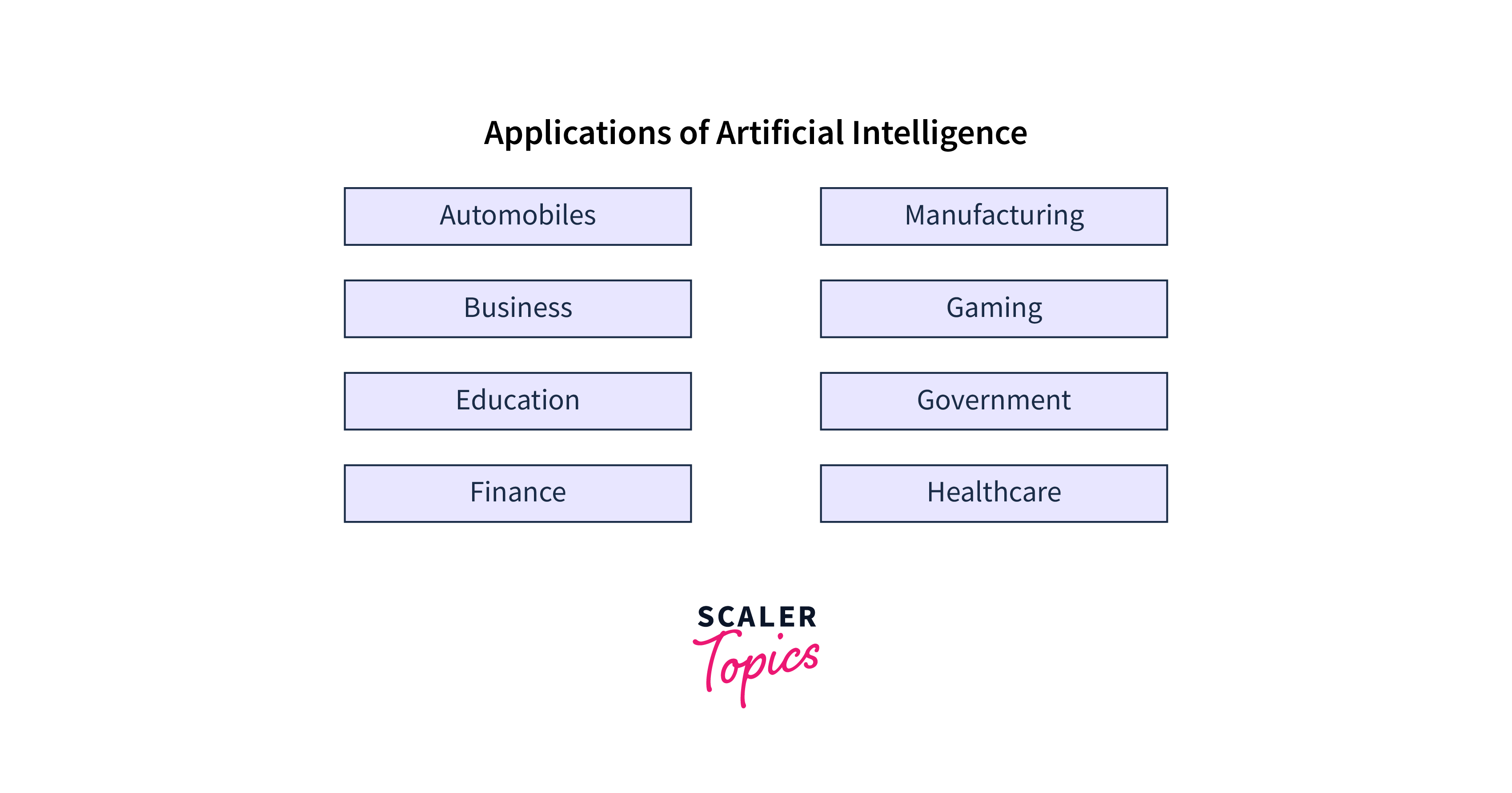
Customer Relationship Management
Customer Relationship Management (CRM) is a critical area where AI is being used to improve customer experiences and increase customer loyalty. By analyzing customer data and interactions, AI algorithms can help companies better understand their customers' needs and preferences, allowing them to provide personalized and relevant experiences.
One of the key areas where AI is being used in CRM is customer service. By automating customer service tasks, such as answering frequently asked questions and routing inquiries to the appropriate department, AI can help companies improve response times and reduce the workload on customer service representatives. Additionally, AI-powered chatbots can provide customers with personalized and relevant responses, improving their overall experience with the company.
AI is also being used in CRM to improve sales and marketing. By analyzing customer data and behaviour, AI algorithms can identify opportunities for upselling and cross-selling, helping companies increase revenue and customer loyalty. Additionally, AI can help companies personalize marketing campaigns and content, improving engagement and conversion rates.
Internet and Data Research
AI is transforming the way companies conduct internet and data research. By analyzing large amounts of data and identifying patterns and trends, AI can help companies gain insights that were previously impossible to obtain.
One of the key areas where AI is being used in internet and data research is in market research. By analyzing social media data, search engine data, and other sources, AI algorithms can identify trends and patterns in consumer behaviour, preferences, and sentiment. This can help companies develop more effective marketing strategies, identify new markets, and improve product development.
AI is also being used in internet and data research to improve customer insights. By analyzing customer data, such as purchase history, feedback, and browsing behaviour, AI algorithms can identify patterns and preferences, allowing companies to provide personalized and relevant experiences.
Digital Personal Assistants
Digital personal assistants, such as Apple's Siri, Amazon's Alexa, and Google Assistant, have become increasingly popular in recent years. These AI-powered assistants use natural language processing and machine learning algorithms to understand user requests and provide helpful responses.
In the business world, digital personal assistants are being used to improve productivity and efficiency. For example, employees can use digital personal assistants to schedule meetings, set reminders, and send messages, allowing them to focus on more important tasks.
Digital personal assistants can also be used to improve customer service. By integrating digital personal assistants with customer service platforms, companies can provide customers with quick and helpful responses to their inquiries, improving overall customer satisfaction.
Examples Of Artificial Intelligence In Business
AI is being used in a wide range of industries and applications, including customer service, business intelligence, marketing, product recommendation, and natural language processing.
AI In Customer Service
AI has had a major impact on customer service. In today's fast-paced world, customers expect fast and efficient responses to their inquiries. To meet these expectations, businesses are turning to AI-powered solutions such as chatbots and virtual assistants.
- Chatbots and virtual assistants use AI-powered natural language processing to understand and respond to customer inquiries, freeing up human agents to handle more complex issues.
- Virtual assistants can perform tasks such as scheduling appointments, making reservations, and providing personalized recommendations based on customer data.
- AI-powered CRM systems can analyze customer data such as purchase history, browsing behaviour, and social media activity to provide better, more personalized customer service and marketing.
Business Intelligence
Business intelligence (BI) refers to the use of AI and other data analytics technologies to analyze and interpret business data.
- AI-powered BI systems can analyze vast amounts of data from a variety of sources, including social media, customer feedback, and internal business data.
- By analyzing this data, businesses can gain insights into customer behaviour and preferences, market trends, and business performance.
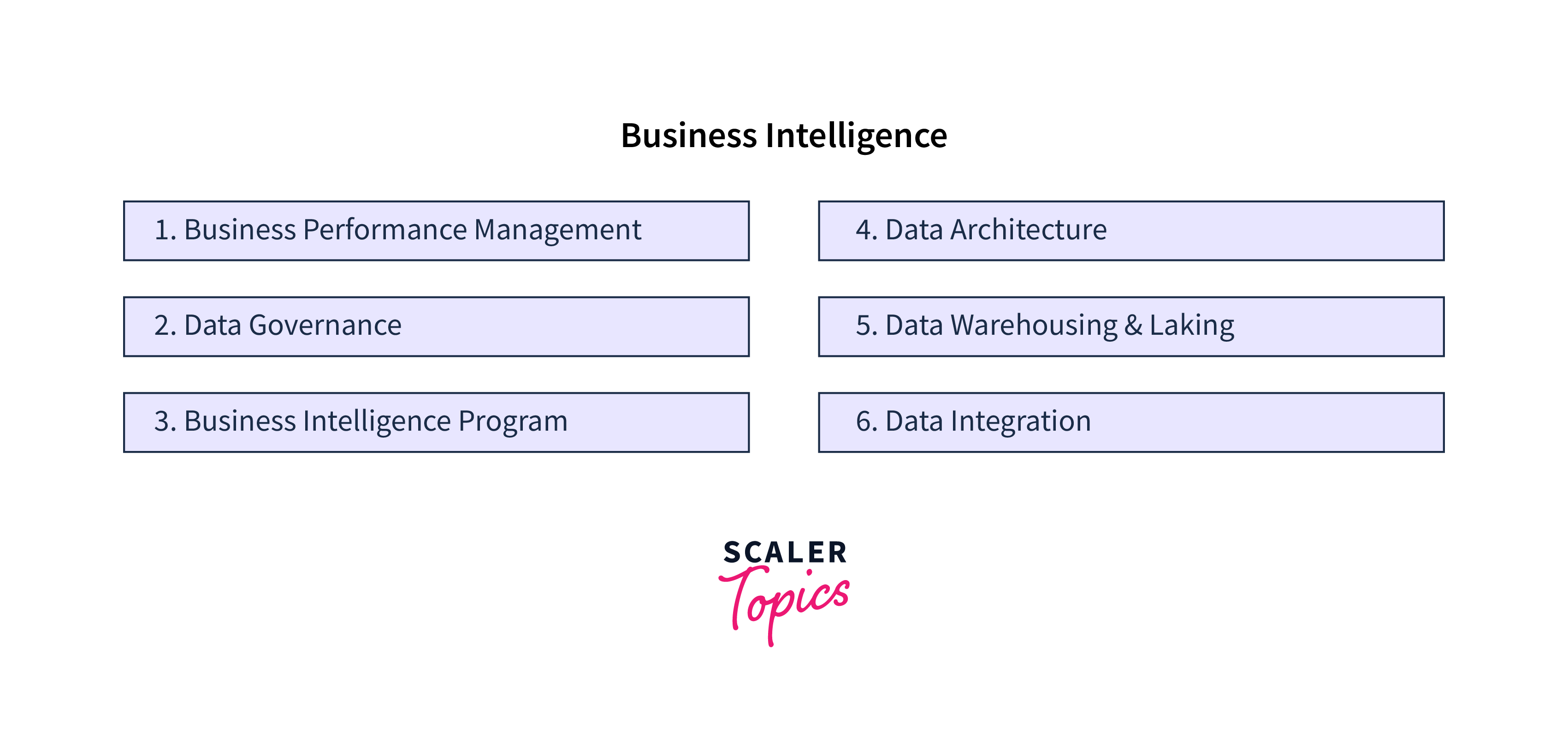
- AI-powered BI systems can provide businesses with real-time insights that can inform decision-making processes in areas such as marketing, product development, and supply chain management.
- BI systems can also help businesses identify areas where they can improve their efficiency and reduce costs.
- AI-powered predictive analytics can help businesses forecast future trends and identify potential risks, allowing them to proactively address potential issues before they become a problem.
Personalized And Targeted Marketing
Personalized and targeted marketing is another area where AI is being used extensively by businesses. By analyzing customer data, AI-powered marketing systems can provide personalized recommendations and target customers with relevant products and services. This can help businesses improve customer engagement and drive sales.
- AI-powered marketing systems can analyze customer data, including demographics, browsing history, and purchase history, to create highly targeted marketing campaigns.
- By tailoring marketing campaigns to individual customers' needs and preferences, businesses can improve their marketing ROI and drive higher conversion rates.
- AI-powered marketing systems can also help businesses identify new customer segments that they may have overlooked, allowing them to expand their customer base and increase their revenue.
- Personalized and targeted marketing campaigns can help businesses build stronger relationships with their customers, as customers are more likely to engage with brands that understand and cater to their individual needs.
- AI-powered marketing systems can provide businesses with real-time feedback on the effectiveness of their marketing campaigns, allowing them to adjust their strategies as needed.
Product Recommendation and Predictive Analytics
Product recommendation and predictive analytics are other popular uses of AI in business. By analyzing customer behaviour and purchasing history, AI-powered systems can recommend products that customers are likely to purchase, increasing the chances of a sale.
- AI-powered recommendation engines can analyze customer data, such as browsing history and purchase history, to recommend products that are likely to appeal to individual customers.
- By recommending products that customers are likely to purchase, businesses can increase their sales and revenue.
- Predictive analytics can also be used to forecast future trends and customer behaviour, allowing businesses to make more informed decisions about their product offerings and marketing strategies.
- AI-powered predictive analytics systems can analyze large amounts of data to identify patterns and trends that may not be immediately apparent to humans.
Natural Language Processing
Natural Language Processing (NLP) is a rapidly growing area of AI that is being used in a variety of business applications. NLP enables machines to understand and interpret human language, making it possible for businesses to analyze vast amounts of unstructured data, such as customer feedback and social media posts.
- NLP-powered chatbots and virtual assistants are becoming increasingly popular in customer service, allowing businesses to provide quick and efficient responses to customer inquiries.
- Sentiment analysis is another common application of NLP, allowing businesses to analyze customer feedback and social media posts to identify patterns and trends.
- NLP can also be used to automate tasks such as data entry and document processing, freeing up employees to focus on more complex tasks.
- By analyzing customer feedback and social media posts, businesses can gain valuable insights into customer sentiment and preferences, allowing them to improve their products and services.
- NLP-powered systems can also be used to analyze and categorize customer emails and support tickets, allowing businesses to respond more quickly and efficiently to customer inquiries.
Benefits of Artificial Intelligence in Business
Artificial intelligence offers a wide range of benefits to businesses that leverage it to streamline processes and improve decision-making. Here are some of the key benefits of using AI in business:
Automation of Processes
Automation of processes is one of the most significant benefits of artificial intelligence in business. AI can automate various routine and repetitive tasks, allowing employees to focus on more critical and strategic tasks that require human intelligence. This leads to increased productivity, accuracy, and efficiency, as well as cost savings for the business.
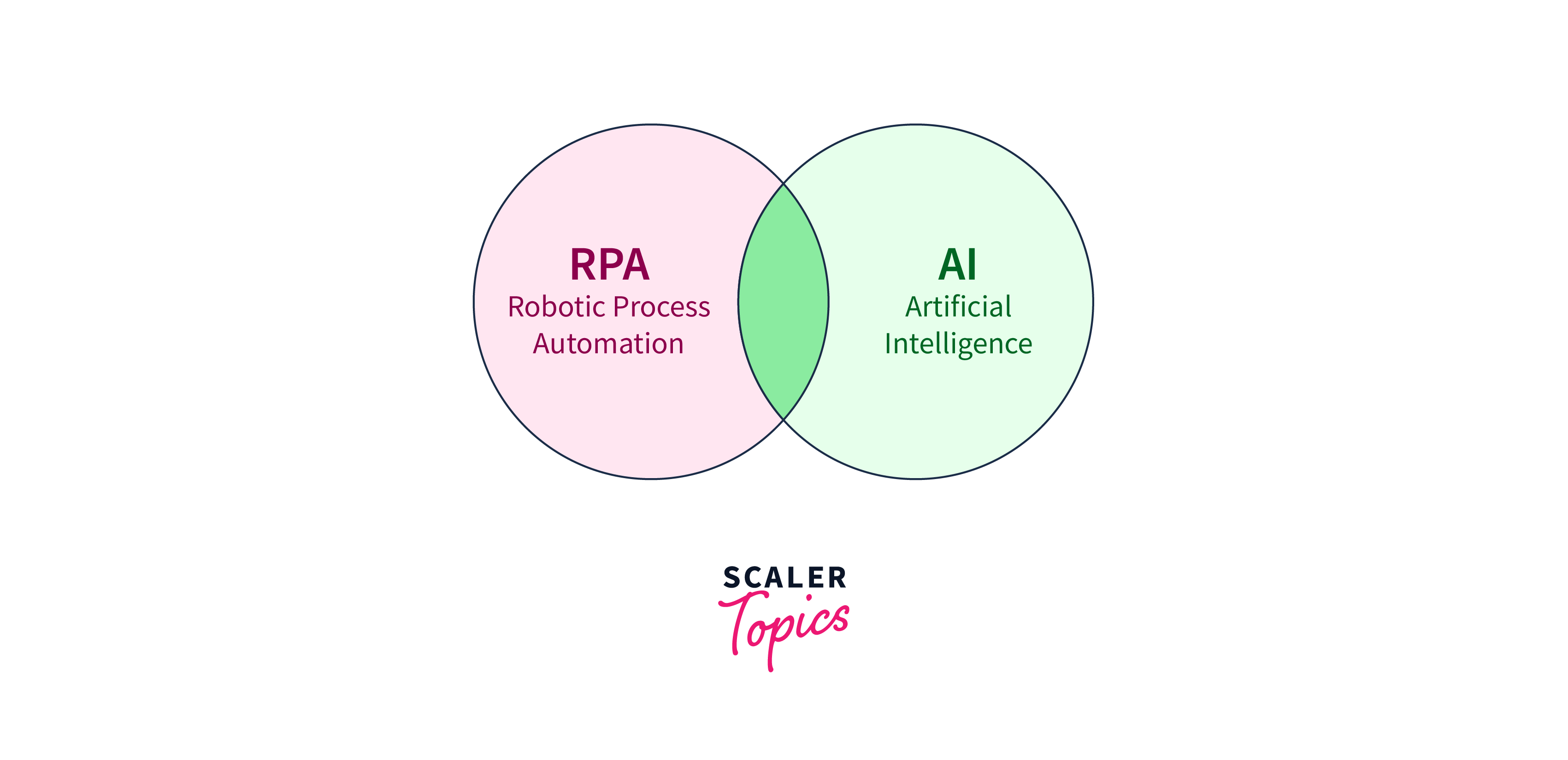
AI can automate processes in various areas of the business, including customer service, marketing, sales, and operations. For example, in customer service, AI-powered chatbots can be used to automate customer inquiries and support, allowing employees to focus on more complex customer issues. In operations, AI can automate supply chain management, inventory control, and logistics. In marketing, AI can automate email campaigns, social media posts, and advertising, reducing the time and effort needed for these tasks.
More Positive Results from Marketing Activities and Increased Revenue
One of the significant benefits of artificial intelligence in business is that it can lead to more positive results from marketing activities and increased revenue. AI can analyze vast amounts of customer data and provide insights into customer behaviour, preferences, and buying patterns. This allows businesses to create personalized and targeted marketing campaigns that are more likely to resonate with their customers, increasing the effectiveness of their marketing efforts and ultimately driving more sales and revenue.
AI can help businesses to optimize their marketing activities in several ways. For example, AI-powered tools can analyze customer data to identify the best channels and times to reach their target audience, improving the effectiveness of their advertising campaigns. AI can also analyze customer behaviour and preferences to personalize product recommendations, increasing the likelihood of sales and repeat business.
Better Understanding of Customers and Improved Experience of Services Offered
Artificial intelligence can provide businesses with a better understanding of their customers, their needs, preferences, and behaviours. With the help of AI-powered tools and algorithms, businesses can analyze large amounts of data in real-time, and gain insights that would be impossible to obtain manually. This, in turn, can help businesses improve the experience of services offered, and enhance customer satisfaction and loyalty.
AI-powered tools can also help businesses personalize their services, tailor their offerings to the specific needs and preferences of their customers, and predict their future behaviour. This can help businesses improve their marketing strategies, and increase their revenue.
Some of the AI-powered tools and techniques that can help businesses better understand their customers include sentiment analysis, image and speech recognition, chatbots, and recommendation engines.
Fraud Detection
Fraud can have a significant impact on a business, both financially and reputation-wise. One of the benefits of implementing artificial intelligence in business is its ability to detect fraud. AI-powered fraud detection systems use machine learning algorithms to analyze large amounts of data and identify patterns that indicate fraudulent behaviour.
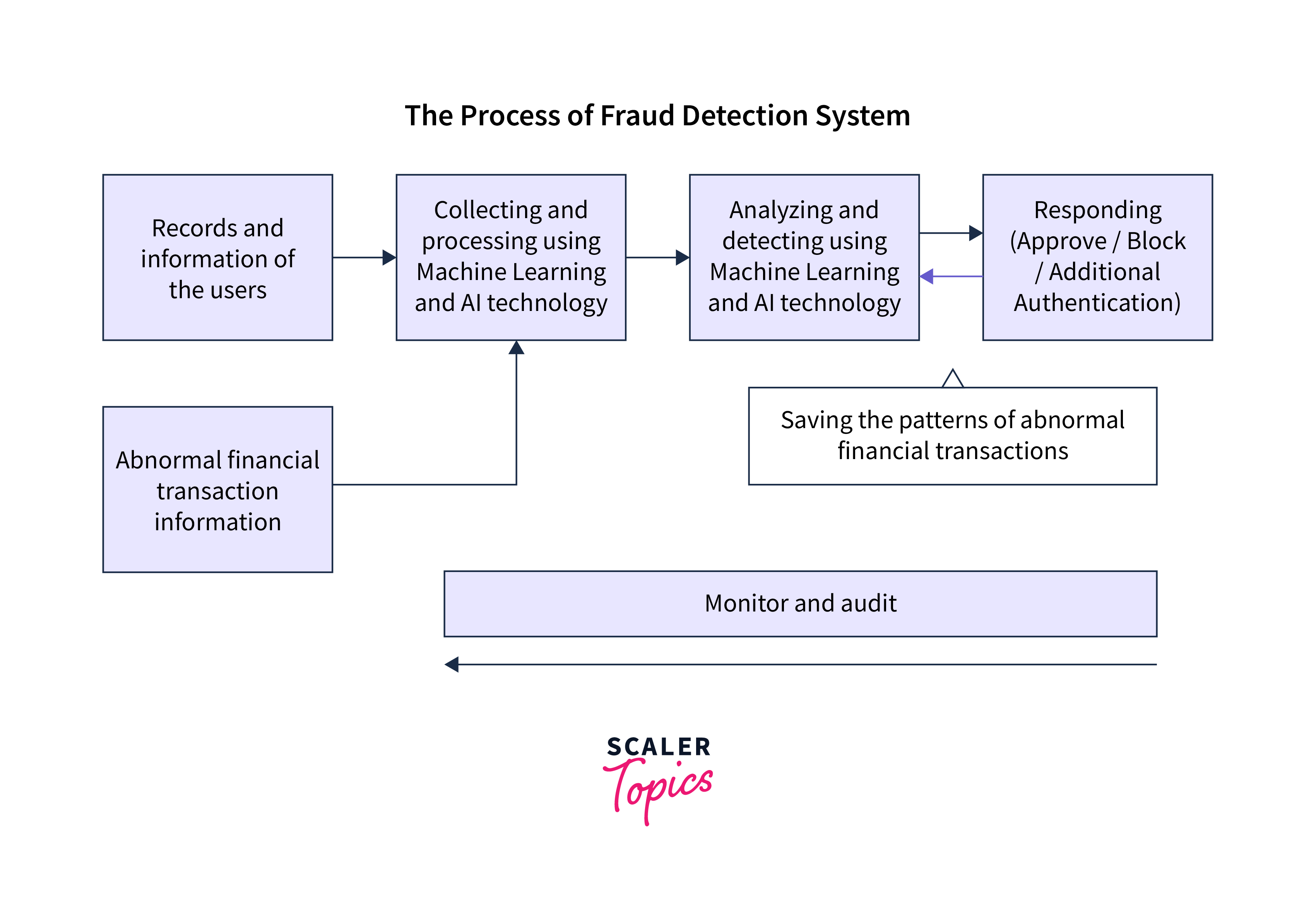
By using AI to detect fraud, businesses can identify suspicious activities quickly and accurately, preventing financial losses and protecting their reputation. AI can also help to reduce false positives, which are instances where legitimate transactions are flagged as fraudulent, leading to unnecessary delays and inconvenience for customers.
Moreover, AI-powered fraud detection systems can continuously learn from new data and adjust their detection strategies accordingly. This means that businesses can stay ahead of emerging threats and adapt to changing fraud patterns, reducing their vulnerability to fraud over time.
Improved and More Reliable Customer Service
Artificial intelligence in customer service has significantly improved the way businesses interact with customers. With AI-powered chatbots and virtual assistants, companies can provide 24/7 customer service, which means customers can get answers to their queries at any time. This has led to improved and more reliable customer service. AI-powered customer service tools can help customers in various ways, including:
- Personalized Responses: AI can analyze data about a customer's past interactions with a company and provide personalized responses based on their history.
- Faster Resolution of Issues: With AI, businesses can resolve issues faster, as the technology can analyze large amounts of data quickly and accurately.
- Efficient Handling of Customer Queries: AI can handle multiple customer queries simultaneously, reducing wait times for customers.
- Improved Satisfaction: By providing fast, accurate and personalized responses, businesses can improve customer satisfaction and loyalty.
Businesses That Have Transformed Operations With AI
In this section, we'll be discussing some examples of businesses that have successfully integrated AI into their operations and have transformed their processes. These businesses have leveraged the power of AI to achieve their goals and improve their bottom line.
- Alibaba: The Chinese e-commerce giant, Alibaba, is a great example of a company that has transformed its operations with AI. Alibaba has invested heavily in AI to improve its online marketplace, customer service, logistics, and payment systems. The company's AI-powered virtual assistant, AliMe, has helped improve customer service by answering more than 90% of customer inquiries without human intervention. Alibaba also uses AI to optimize its logistics network, reduce delivery times, and minimize costs. Moreover, Alibaba's AI-powered payment system, Ant Financial, has become one of the largest mobile payment platforms in the world, with over 700 million users.
- Uber: Another example of a company that has transformed its operations with AI is Uber. Uber uses AI extensively to improve its ride-hailing service, driver safety, and customer experience. The company's AI algorithms help match riders with drivers, predict travel times, and dynamically adjust pricing based on demand. Uber also uses AI to optimize driver routes and reduce wait times for customers. Additionally, Uber has implemented several safety features in its app, such as real-time ID verification, trip monitoring, and automatic emergency response, all of which rely on AI.
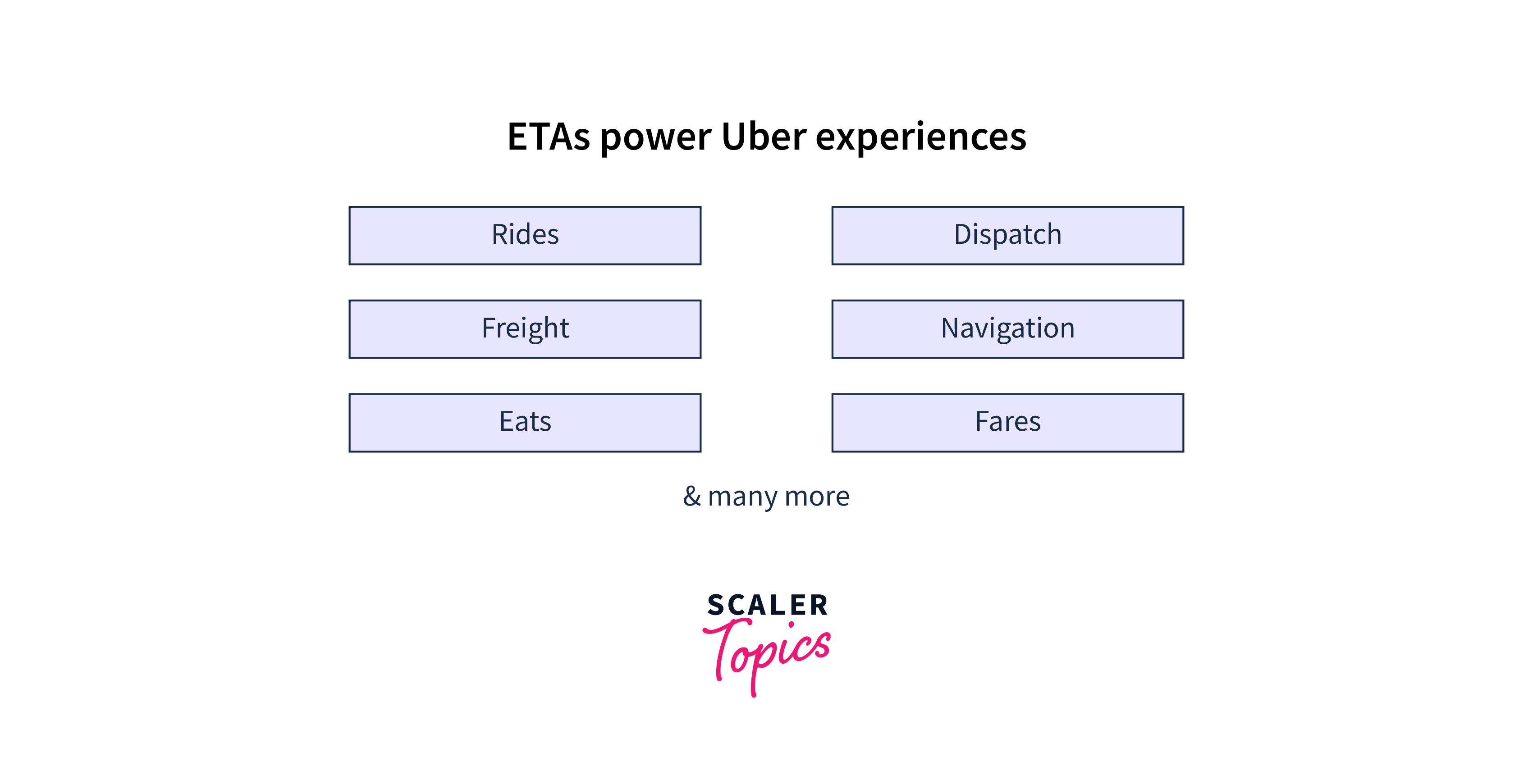
- Netflix: Netflix is a great example of a company that uses AI to enhance its content recommendation engine. The company's AI algorithms analyze user data to identify patterns and preferences, which are then used to recommend personalized content to users. The success of Netflix's recommendation engine is evident in the fact that more than 80% of content watched on Netflix is the result of its recommendations. Additionally, Netflix uses AI to optimize its content delivery network and improve video encoding, resulting in faster streaming speeds and better video quality.
- Amazon: Amazon is a pioneer in the use of AI for e-commerce and logistics. The company's AI-powered recommendation engine has been a key driver of its success, helping to increase sales and customer loyalty. Amazon also uses AI to optimize its logistics network, reduce shipping times, and improve inventory management. The company's AI-powered fulfilment centres use robots and drones to speed up the delivery process and reduce costs. Additionally, Amazon has developed several AI-powered products, such as Alexa, an intelligent personal assistant, and Amazon Go, a cashier-less convenience store.

Conclusion
- AI is transforming the way businesses operate, from automating processes to improving customer service and detecting fraud.
- Companies that use AI can gain a competitive advantage by increasing efficiency, reducing costs, and generating more revenue.
- Common uses of AI include machine learning, cybersecurity, customer relationship management, internet and data research, and digital personal assistants.
- Examples of AI in business include personalized and targeted marketing, product recommendation and predictive analytics, and natural language processing.
- Businesses such as Alibaba and Uber have successfully transformed their operations with the help of AI.
